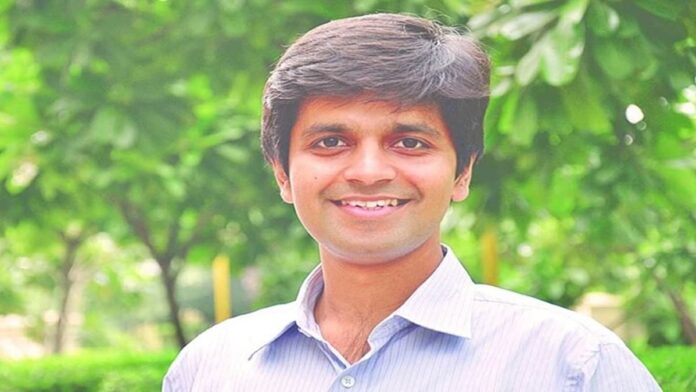Lightspeed Venture Partners and Zomato-backed hyperlocal retail platform Magicpin has ruled out operating dark kitchens for its quick delivery business, positioning itself as a restaurant-friendly alternative amid rising tensions between food aggregators and the restaurant industry.
“We will never open a dark kitchen. We are very transparently working with restaurants to grow their business,” said Anshoo Sharma, CEO and co-founder of Magicpin. “That’s why restaurants want us to be that third platform,” he added.
ALSO READL&T acquires balance 26% stake in L&T Special Steels and Heavy Forgings for Rs 170 crore
This stance comes as the National Restaurant Association of India (NRAI) and the Federation of Hotel and Restaurant Associations of India (FHRAI) threaten legal action against Zomato and Swiggy over Blinkit’s Bistro and Swiggy’s Snacc. These platforms are accused of using their dominant market positions and restaurant data to promote their own private labels via dark kitchens, sidelining traditional restaurant partners.
Magicpin’s quick food delivery service, MagicNow, which offers 15-minute deliveries, has expanded from 2,000 to over 10,000 outlets since launch. “We aren’t promising 10-minute delivery. With food, the integrity of the package and cooking process is extremely important. By adding an extra five minutes, we leverage existing kitchen infrastructure,” Sharma explained. Magicpin’s 1.5-km delivery zones ensure 30-40% shorter delivery distances compared to competitors.
Operating across 20 cities and 6,500 localities, Magicpin is now focusing on deeper expansion in Mumbai, Pune, Hyderabad, and Kolkata. The company plans to double its current base of 200,000 merchants and 100,000 restaurant partners this year.
Its MagicFleet, with 15,000 riders, currently handles 60% of orders, while the rest are fulfilled by ONDC partners. Magicpin is also maintaining its reduced platform fee of ₹5, introduced during the festive season, in contrast to Zomato and Swiggy, which raised their platform fee to ₹10 and have kept it at that level.
“Market forces prevail. When two players become that big, they will charge rentals. They’ve put in billions to scale, and now that both are public, they need to make the economics work,” Sharma said, adding that food delivery has become their ‘cash cow’ to fund other businesses.
Financially, Magicpin saw its revenue nearly triple to ₹870 crore in FY24, up from ₹297 crore in FY23, while reducing losses by 25% to ₹78 crore.
» Read More


